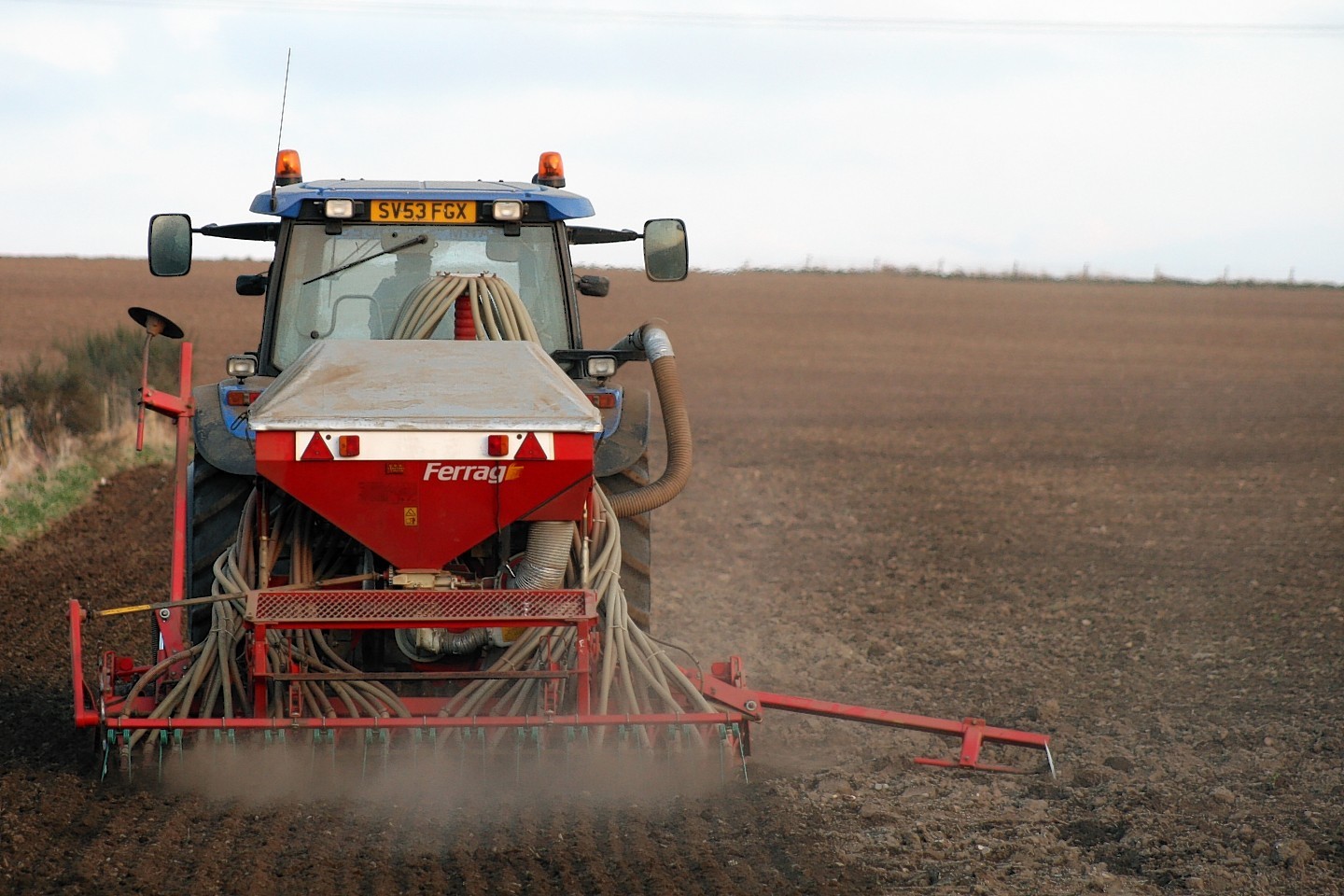NFU Scotland will march on Holyrood today to urge farm minister Richard Lochhead to adopt a phased approach to greening measures under Common Agricultural Policy (Cap) reform.
Last week, the union slammed further details of the management measures for nitrogen-fixing crops as part of a farmer’s Ecological Focus Area (EFA).
It said the rules made nitrogen-fixing crops a “non-starter” for many farms – under the greening rules, which account for around 30% of direct farm payments, farmers with more than 37 acres of arable must set aside 5% for EFAs
Last night, NFU Scotland called on Mr Lochhead to “pause for the sake of the sector” warning the current greening proposals, which it claims are more stringent than that required by Europe, were damaging for Scots farm businesses.
The union’s combinable crops chairman Andrew Moir, who farms at Mains of Thornton, Laurencekirk, urged the Scottish Government to adopt a phased approach to greening rules.
This would see the basic EU greening measures being adopted in year one, and then any changes to the rules to suit Scots farmers adopted from 2016 onwards.
Mr Moir said: “European requirements on greening offer up a fair degree of simplicity and flexibility. Bolting on additional greening requirements at a national level runs the risk of creating an intricate web of rules that will trap farmers, inspectors and auditors.
“On principle, we are asking for the cabinet secretary not to gold-plate in year one of the new scheme and adopt the simple systems that are available.”
He said adopting the basic rules would allow government to take time out to “properly design Scotland’s greening menu” to ensure it was workable at farm level.
Speaking ahead of today’s meeting, Mr Lochhead last night said: “It is important that we keep the issue of Nitrogen-fixing crop management rules in context.
“Only 26% of businesses in Scotland need to comply with the EFA requirements. Of those, only 11% grow Nitrogen-fixing crops and for less than a tenth of those – fewer than 40 businesses – this greening measure may not be an attractive option as it’s not compatible with growing at least one commercially viable Nitrogen-fixing crop.”
